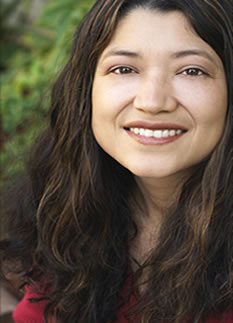GRAMMAR
- Take note from pages 405-406 on Colons (35a-d)
RESEARCH
Tips for finding reliable websites:
- Make sure the website is up to date (Preferably under 5 years old unless researching a historical issue).
- Use websites that cite their sources.
- Avoid citing commercial websites (.com).
- Do not cite Wikipedia or similar user-edited sites.
- Use Google Scholar - http://scholar.google.com/ - for scholarly articles.
- Use Google Books - http://books.google.com/ - for books you can read online.
- BASE - http://www.base-search.net/ - for academic open access web resources.
- Directory of Open Access Journals (DOAJ) - http://www.doaj.org - for academic open access web resources.
- Look for .gov sources when it comes to reporting on official law or policy items.
Practice ~ Annotations Review
Copy this paragraph into Notability and work on ordering the sentences to reflect a WHO, WHAT, WHY annotation.
1. Krikorian says that he doesn't agree with immigrants “becoming an American just by them saying the oath of citizenship.” He believes that they should earn the right to serve in the armed forces by first forming their relationship with the United States.
2. The unique perspective offered in this article is how people can expect illegal immigrants to fight for a country that is not theirs.
3. Author, Mark Krikorian is a nationally recognized expert on immigration issues and Krikorian has been the Executive Director of the Center for Immigration Studies (CIS) since 1995.
4. More than 37,000 green-card holders serve in the military account for about 3% of active-duty soldiers.
5. Krikorian states that they should avoid developing a mercenary army that is made up of illegal immigrants that are loyal to their countries.
HW: Tonight, add two more articles to your assignment.


